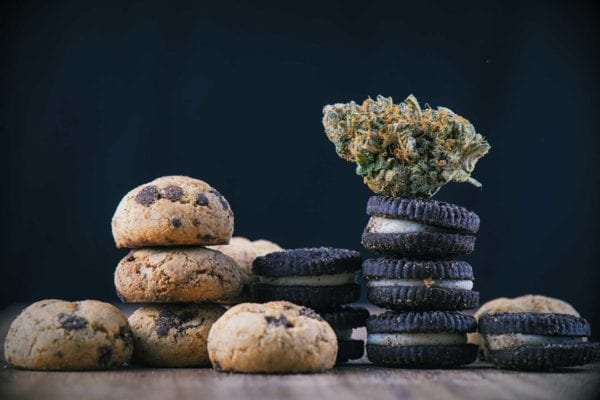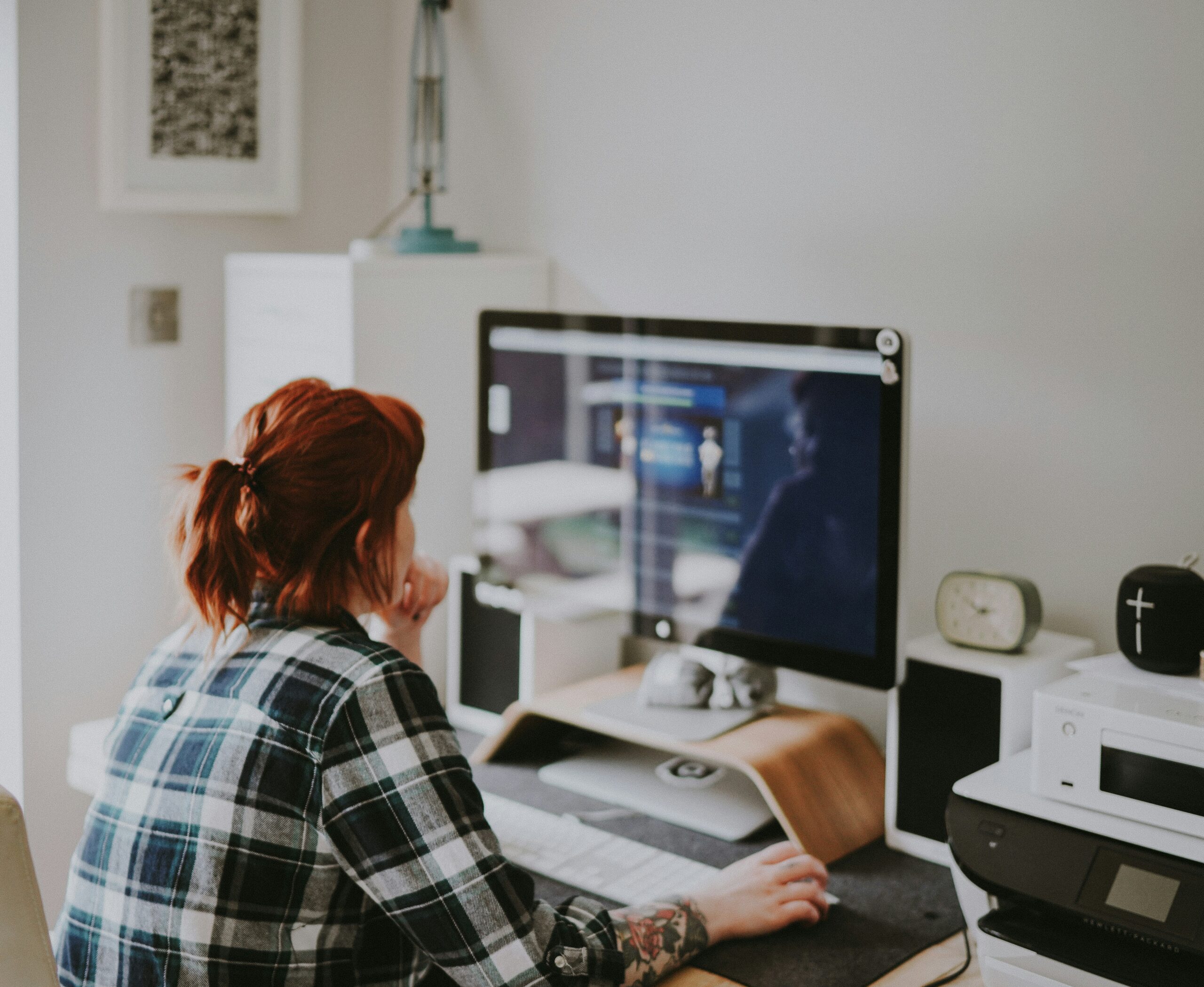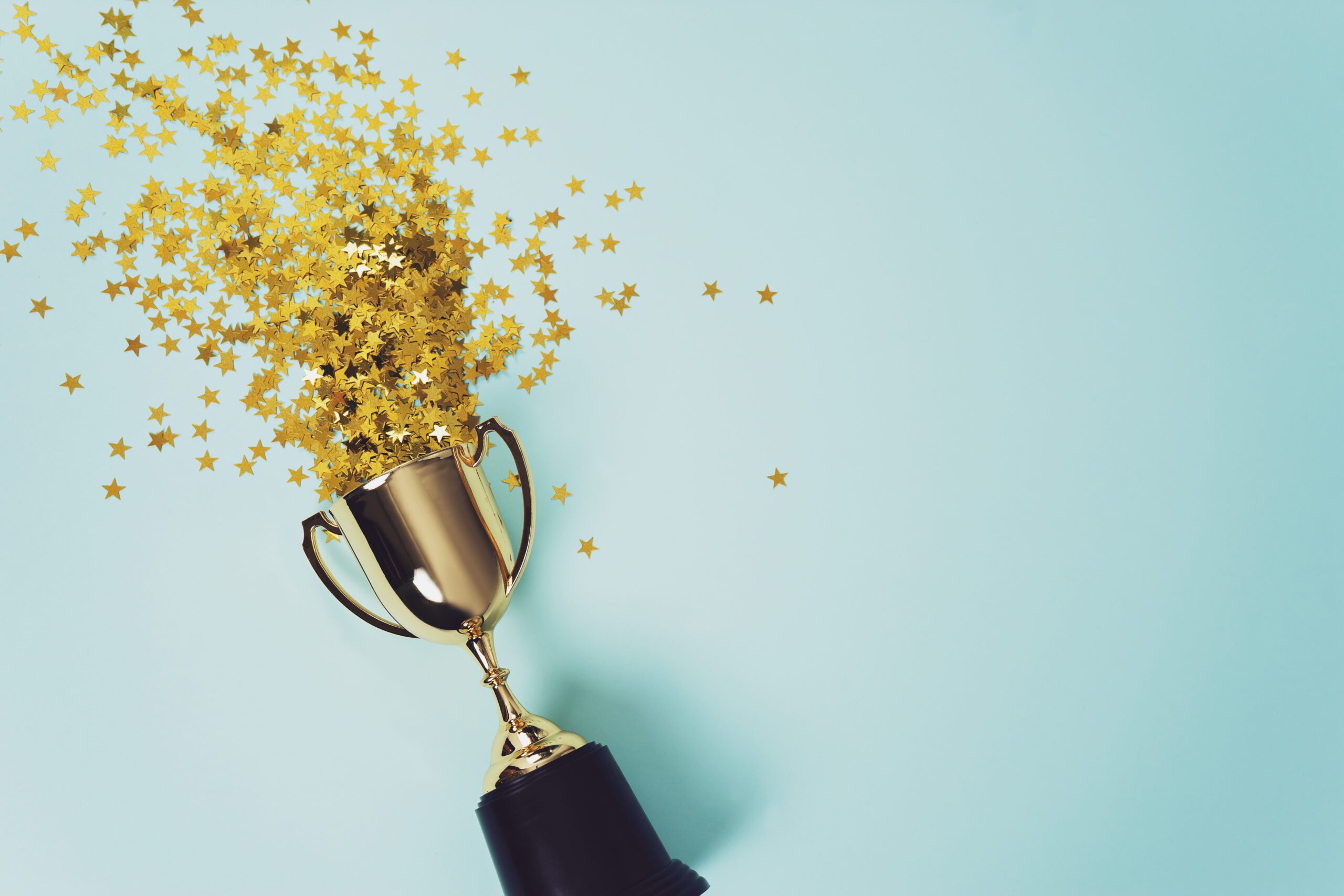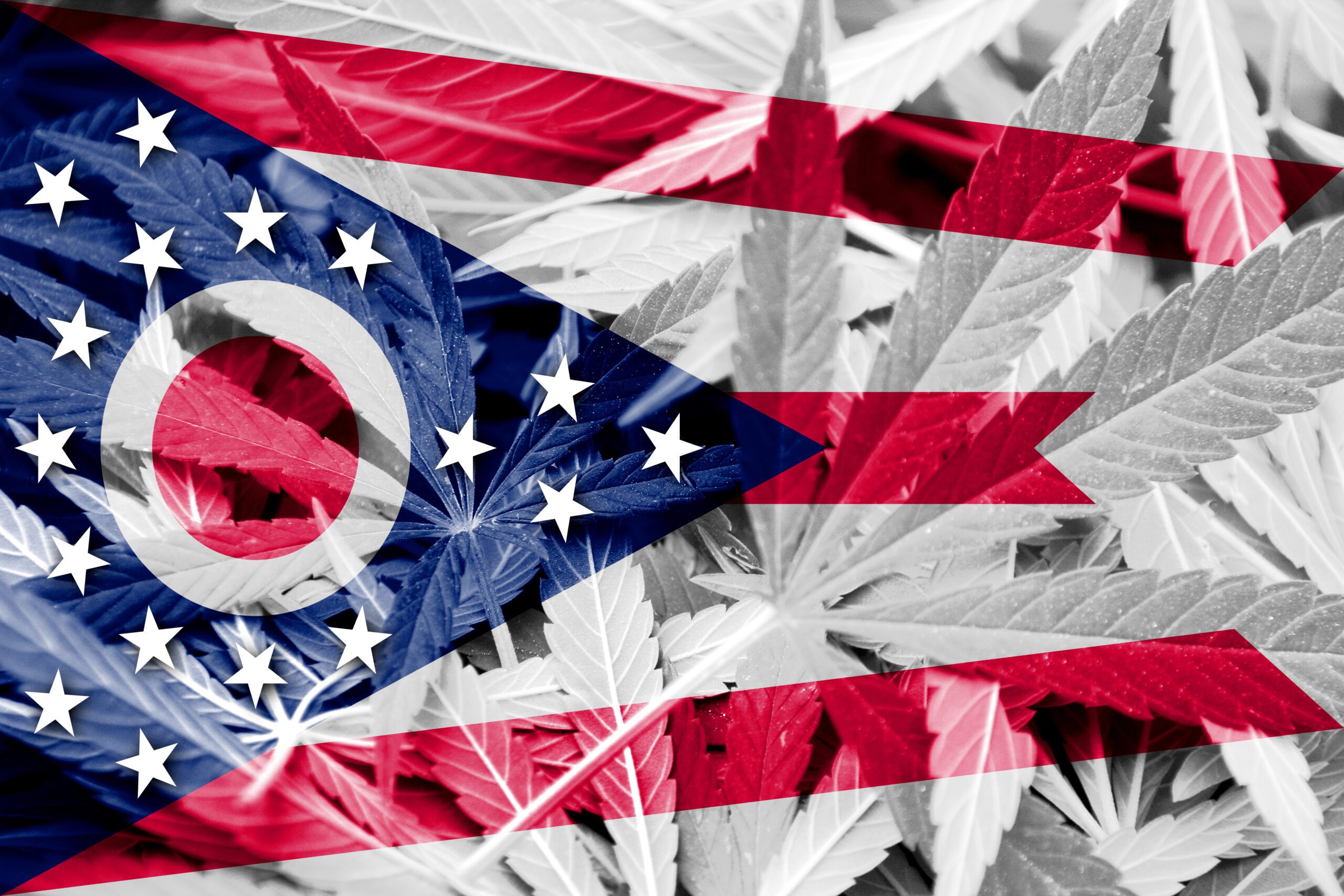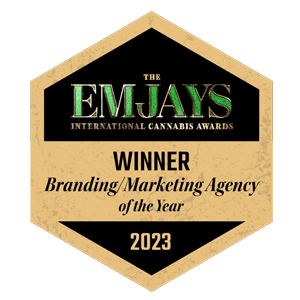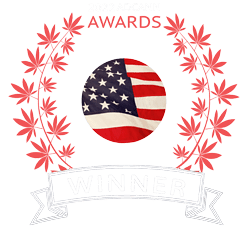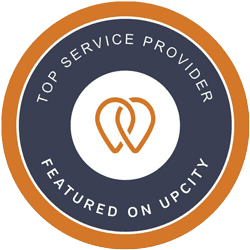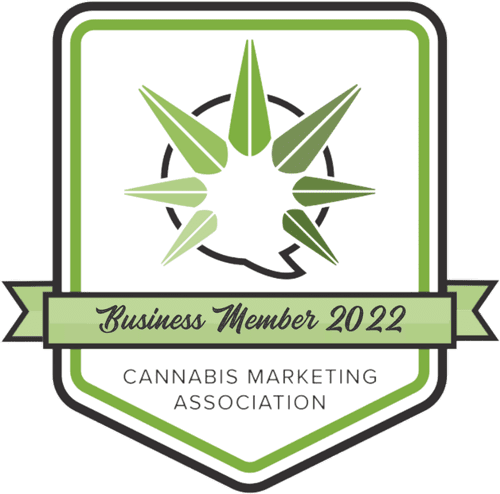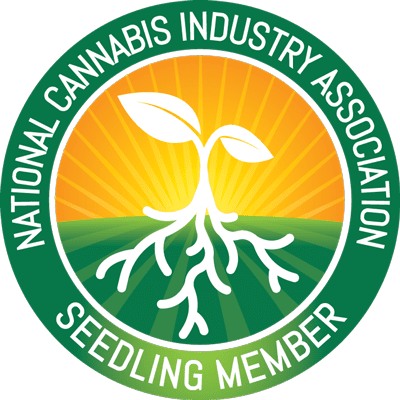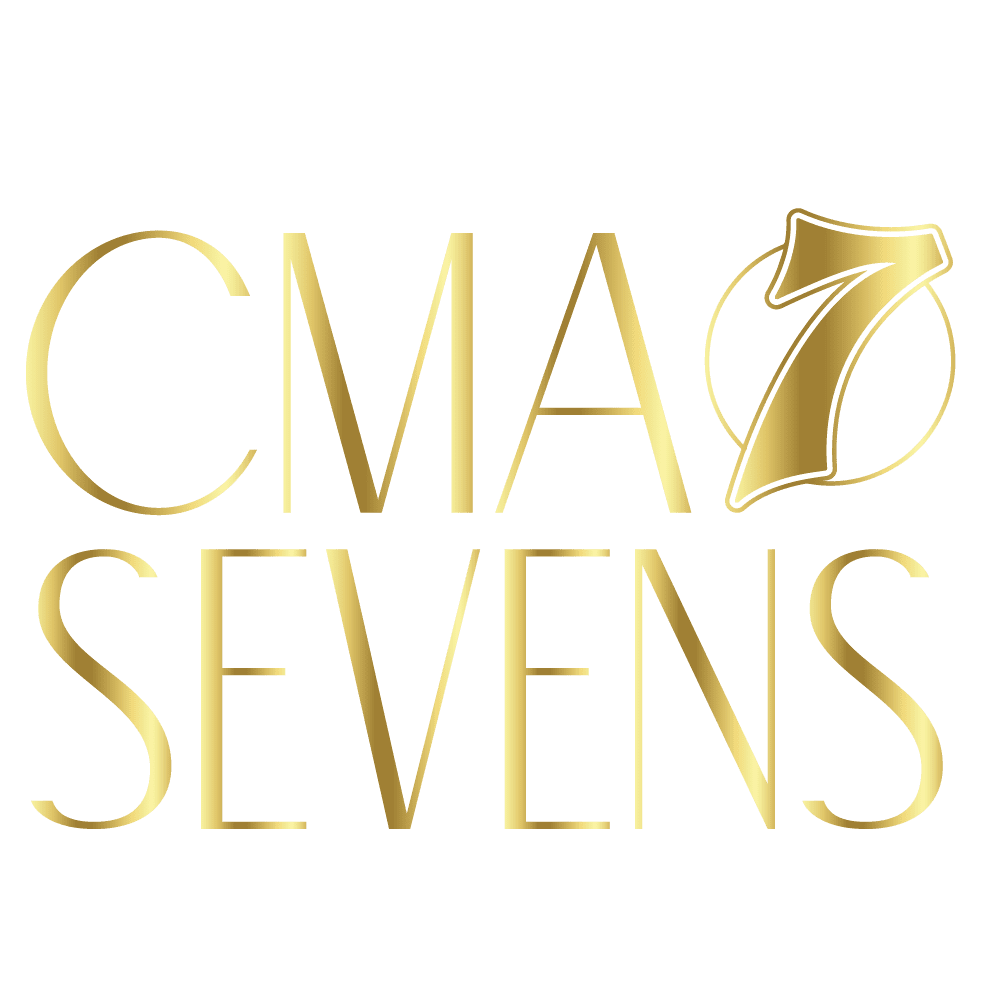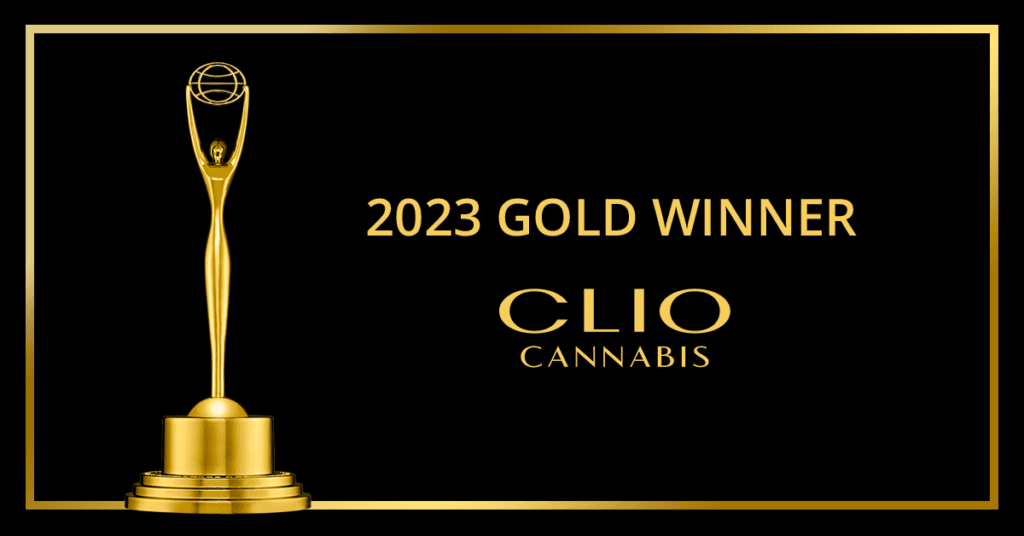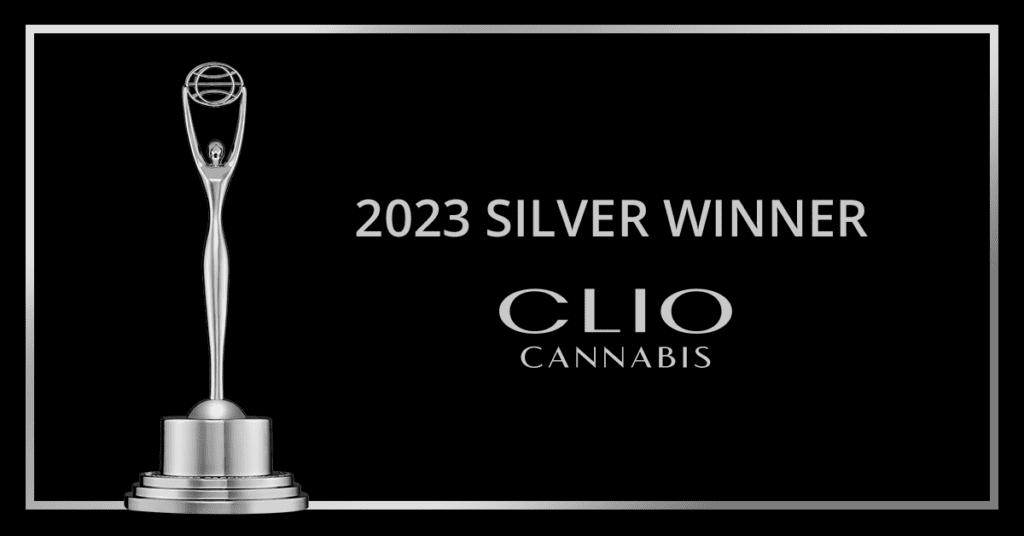Washington, nicknamed “The Evergreen State” is one of the most weed-friendly places in the United States. Medicinal cannabis has been legalized since 1998 and in November of 2012, Washington residents voted to legalize recreational use of the herb. It’s safe to say that the general attitude towards cannabis very relaxed, especially in the ever-popular, buzzy Seattle area. In fact, every year during the month of August, Seattlelites host the iconic Hempfest – only one of the greatest events cannabis culture to have ever been invented.
Although Washingtonians voted to legalize recreational cannabis a little while ago, that doesn’t mean anything goes within the recreational industry of Washington. Like any legalized state, there is a set of rules that must be followed. To enjoy cannabis safely (and legally), here’s what you need to know before buying your batch of edibles in the state of Washington.
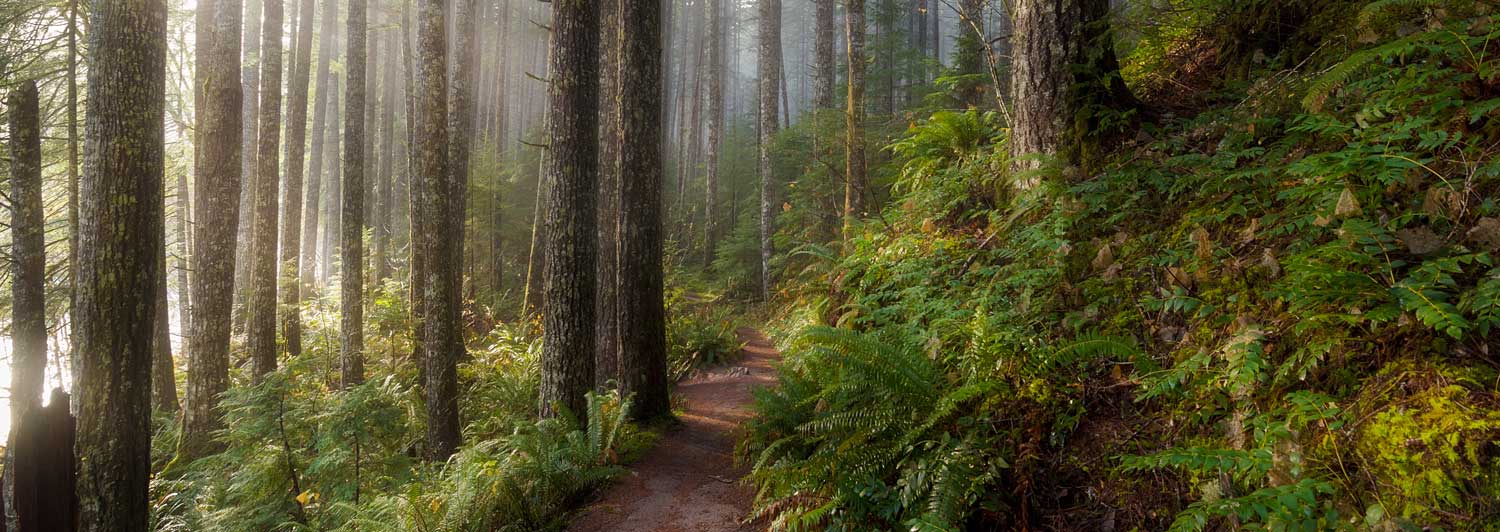
What Are Edibles?
Over the last several years, the legalization of weed has given manufacturers plenty of room to create new and delicious ways to consume cannabis. One pretty awesome alternative to blazing up mary jane is edibles. These are simply foods that have infused with cannabis and apparently, they have been around for a long time — do pot brownies ring a bell?
With recreational use becoming more and more commonplace, cannabis lovers have everything from truffles and peppermint patties to chocolate covered pretzels, caramel chews and everything in between to choose from. However, you might question why people even eat them in the first place. Well, besides the negative stigma tied to smoking, the issue with smoking marijuana is the restriction placed on the act of smoking it in general. Certainly smoking cannabis is fine for those who prefer it (health and legal ramifications aside) but it isn’t the most precise way to get high for some people. It turns out that the little treats are fast becoming the method to enjoy weed on-the-go and offer a far more reliable way to tailor your intake. This is especially great for the trepidatious first-timer who doesn’t want to become one with the couch.
But, be warned. The potency of edibles is much higher than most other cannabis products. This is one of the biggest concerns, as the effects can sneak up on newbies, who may be eating more than they should without realizing they’re getting high as a kite. For this reason, all edibles (including other cannabis products, from chewy candies to 7-layer bars, must have labels that warn about the delayed onset of effects, which can typically take 1 to 2 hours to kick in. That said, you should start off consuming a small amount.
Can I Buy Edibles in Washington?
Of course, you can! It is legal to purchase edibles made with cannabis in Washington, but you must be over the age of 21 or have a medical marijuana card prescribed by a licensed doctor in Washington.
To ensure the safety of underaged individuals, the Washington State Liquor and Cannabis Board has taken many steps as possible. In order to avoid enticing children, some edibles (gummies, etc.) with packaging that appear as non-infused candy products will not be legally produced. Otherwise, it could be easily confused. If you are of legal age to consume cannabis. But just remember, all cannabis and products made with cannabis purchased in Washington must be consumed within the state lines — you can’t take them home with you. Unless “home” for you is somewhere in Washington, the answer is a hard no. This is the standard under cannabis law in other states such as California, Colorado, Las Vegas, etc.
Where Can I Purchase Edibles in Washington?
There are some places in the country where you can actually purchase cannabis at your local liquor store or even gas station. But, that’s not the case for the state of Washington…just yet, anyway. You are able to buy edibles at any state-licensed store thanks to the initiative 502. This is the law that has allowed anyone 21 years and over to legally purchase edibles. The only thing you are required to have is a valid form of government-issued identification, from anywhere in the world, to prove you are the age you say you are. If you don’t have your medical card and are not a resident, you can get one in Oregon. The products are virtually the same in Washington everywhere, so don’t worry about the price. The only sheer difference is the tax rate.
It is also the law that has led to a significant number of legal recreational pot shops to pop up all over Washington – here is a map to find one that’ll ensure that your edible purchase is legal. To ensure that legality – each item will offer a serving size no greater than 10-milligrams and will be clearly labeled with the total THC percentage and other important informational content.
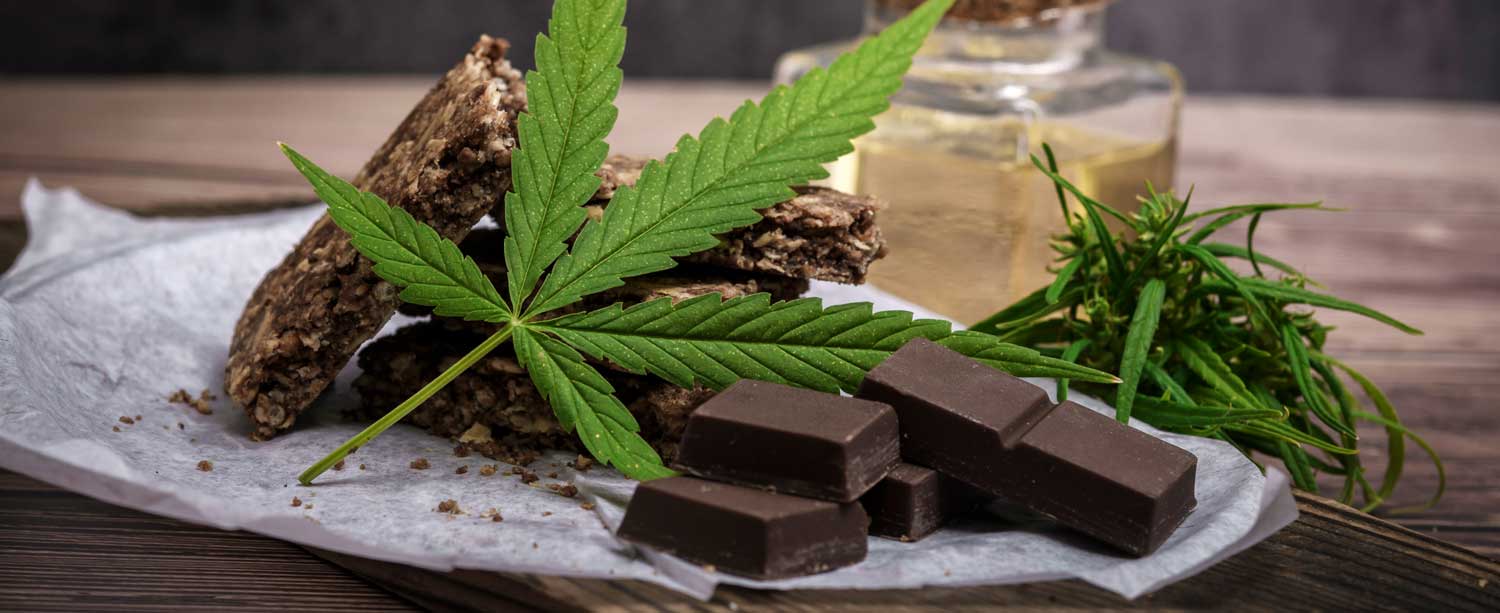
How Many Edibles Can I Buy?
Washington state law has capped the legal amount of cannabis you can purchase and possess at any one time, depending on the type of product. These are the amounts you are legally allowed to have on you:
- Cannabis concentrates and extracts – 7 grams of extract for inhalation.
- Cannabis flower – One ounce (28 grams).
- Edibles – 16 oz. of cannabis-infused product in edible form or 72 oz. in beverage form.
- Topicals – 16 oz. of cannabis-infused topical product in solid form or 72 oz. in liquid form.
Conclusion
Edibles are responsible for a large portion of cannabis sales in Washington, but that doesn’t mean a free-for-all.
If you’re traveling and new to edibles or cannabis in general, we understand that it can be difficult to know where to start; if you’re an experienced edible eater and know a thing or two about cannabis, you want to make sure that you are aware of the permissions and limitations of consuming the plant where you reside. No matter what you are, though, there’s certainly something for everyone in the state of Washington.

